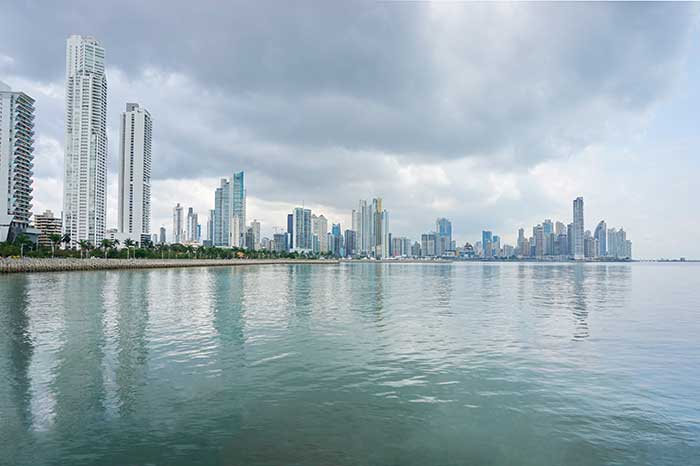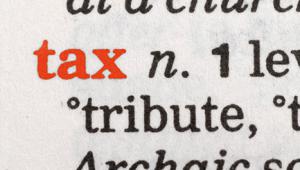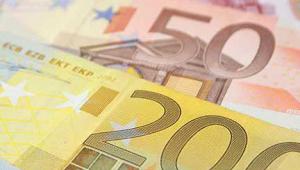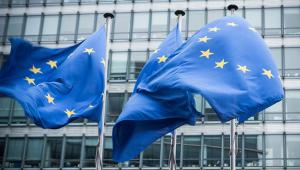web-panamacity_shutterstock_343698863.jpg

Panama City, Panama. A recent leak of a trove of documents from Panamanian law firm Mossack Fonseca revealed how the world's rich and powerful use tax havens to shirk their dues, putting tax avoidance high on the agenda.
Proposals for a public register of beneficial ownership were put forward by the European Commission earlier this year in response to the Panama Papers, a leak of more than 11 million documents evidencing how opaque companies are used to shield wealth from tax.
The leak, which laid bare the tax affairs of numerous high-level politicians, business people and criminals, sparked worldwide public anger. But despite this, the European Council – made of up representatives from the governments of the EU’s member states – have rejected the measure to make ownership information public.
Instead, public access to registers of beneficial ownership will be restricted to people who can demonstrate a “legitimate interest” in examining the affairs of companies and trusts. Concerns had been raised about the privacy and data protection implications of opening the registers to the public in full.
Member state authorities will be able to access the registers, which the European Council said will be interconnected to facilitate cooperation.
Emily Wigens, interim Brussels director at the ONE Campaign, said it was “disappointing” that member states did not take the opportunity to implement “critical action in the fight against corruption.
“Instead, they fought to defend the status quo by restricting access to information,” she continued. “Only full transparency of who owns and operates trusts can allow citizens and journalists to follow the money and ensure anonymous shell companies are not used to launder much-needed funds for the fight against extreme poverty.”
A number of political and official figures from developing countries were identified in the Panama Papers, which revealed how they had used secretive companies and offshore jurisdictions to siphon wealth away from tax authorities.
The developing world is the hardest hit by tax avoidance, which costs the world’s poorer nations as much as $200bn per year, according to the International Monetary Fund.
Some of these nations, including Nigeria and Afghanistan, are considering launching public beneficial ownership registers in their own countries, as are several EU member states.
“Publicly accessible registers are on course to become a global transparency standard – the EU should get on board rather than get left behind,” said Wigens.
The proposals will now be put before the European Parliament for deliberation. Once an agreement has been reached on the directive between the parliament and the council, member states will have to transpose it into their national law within a year.













